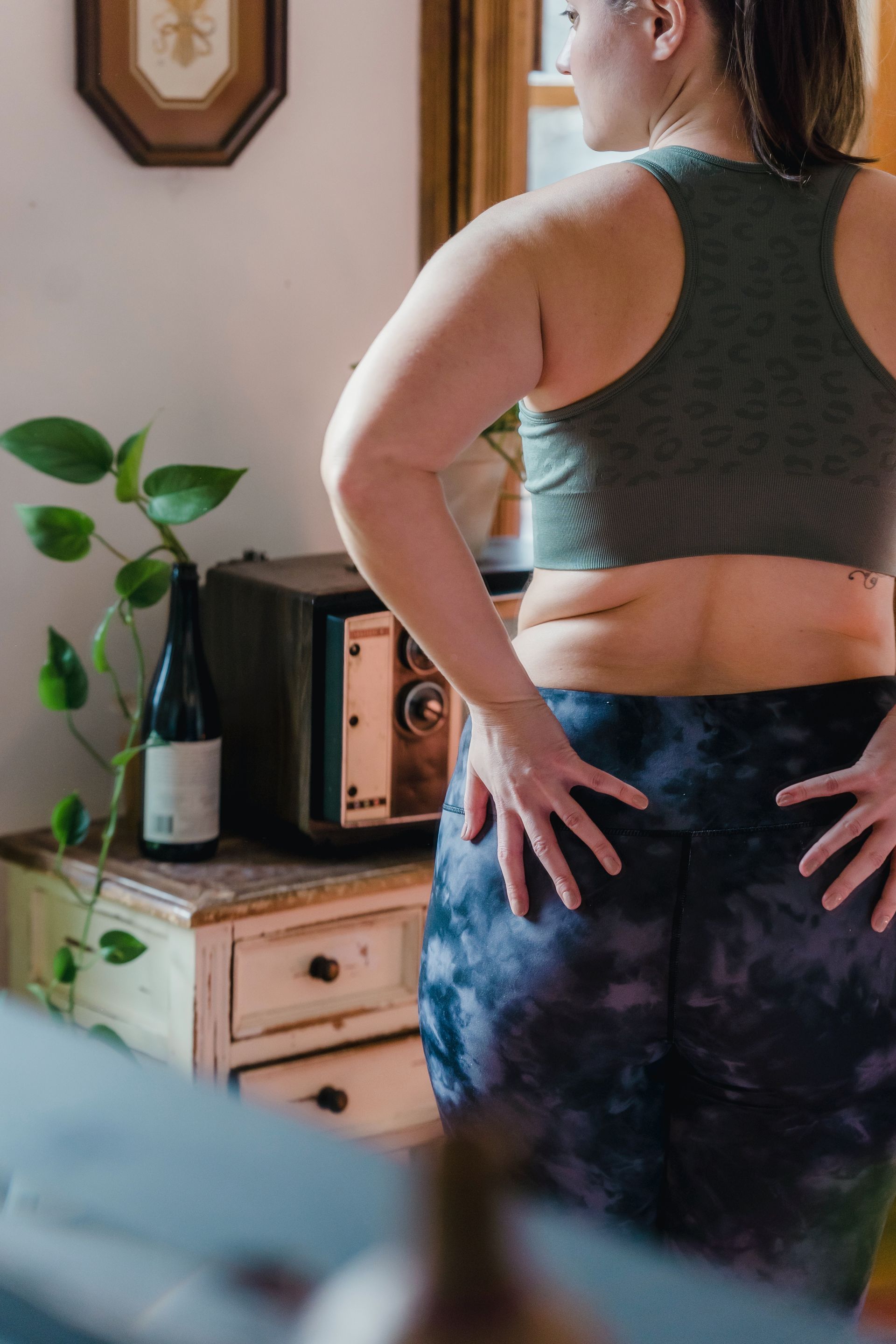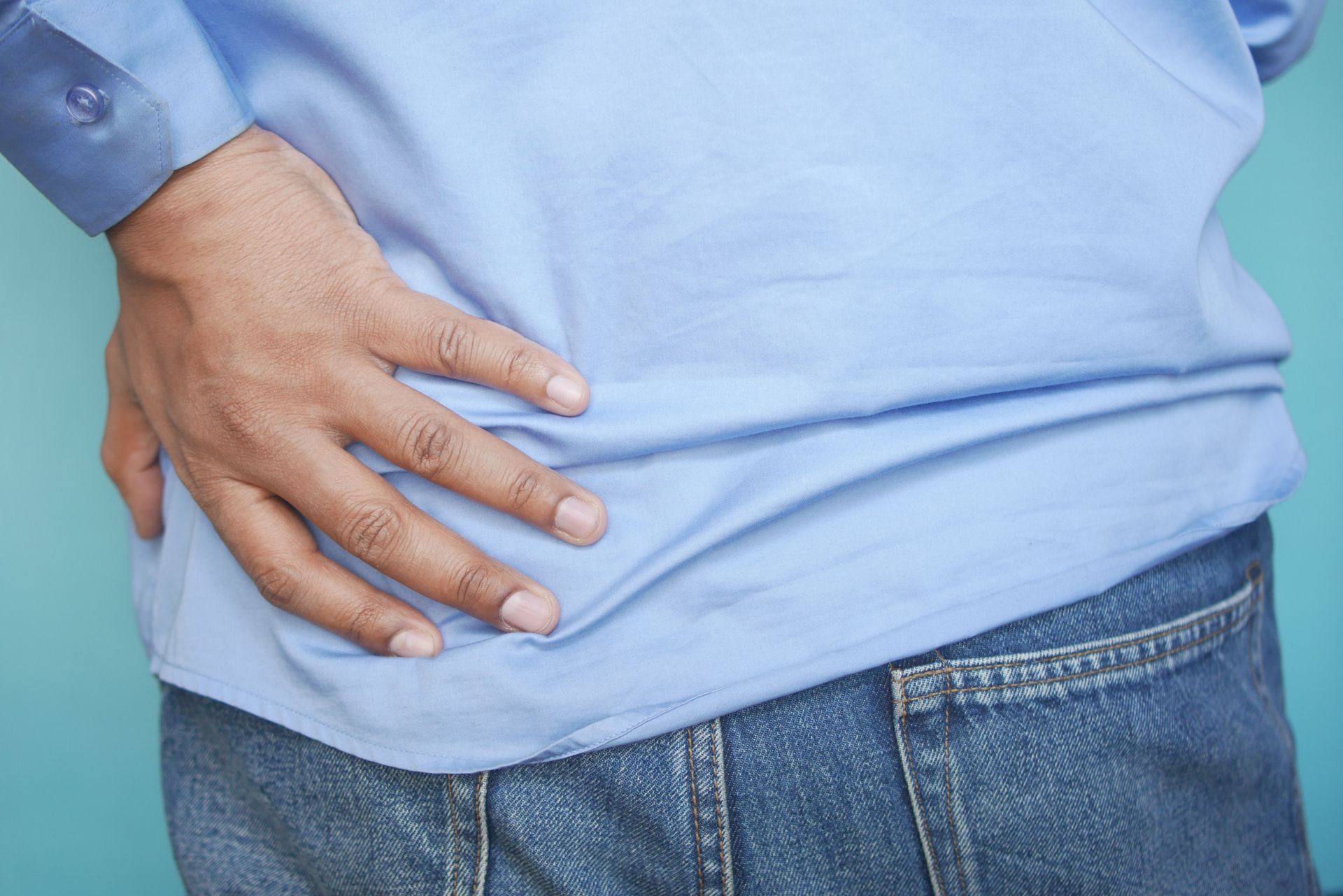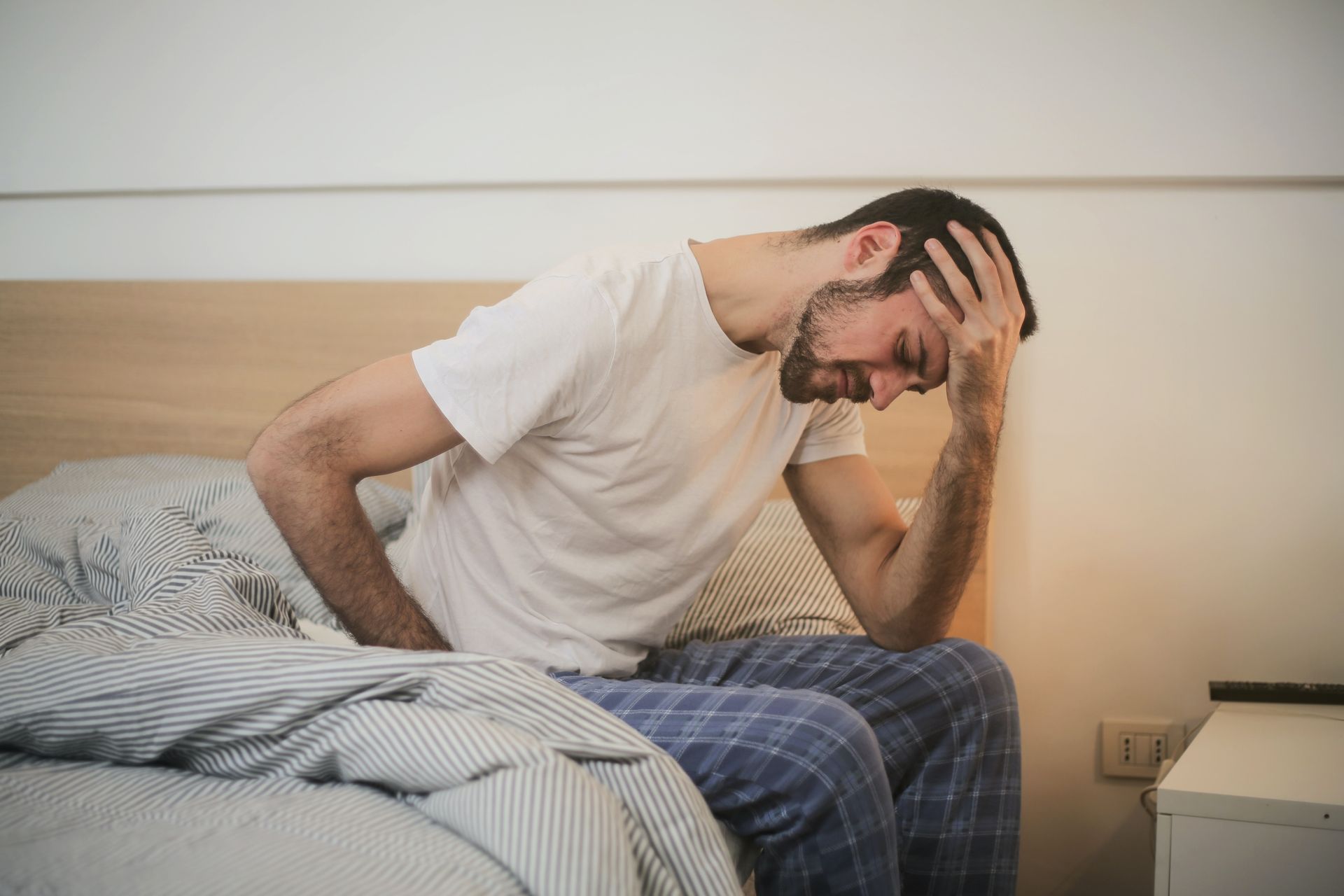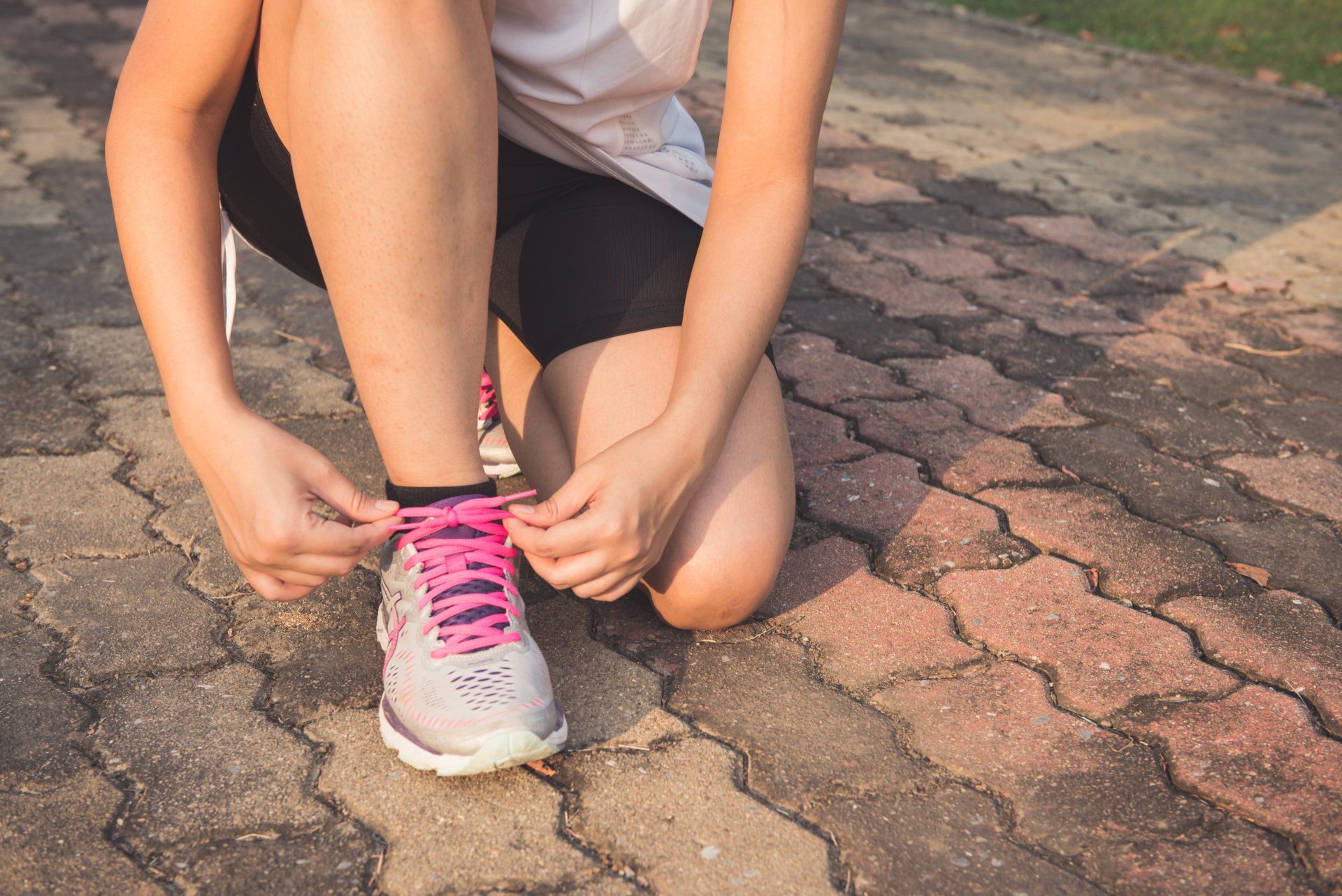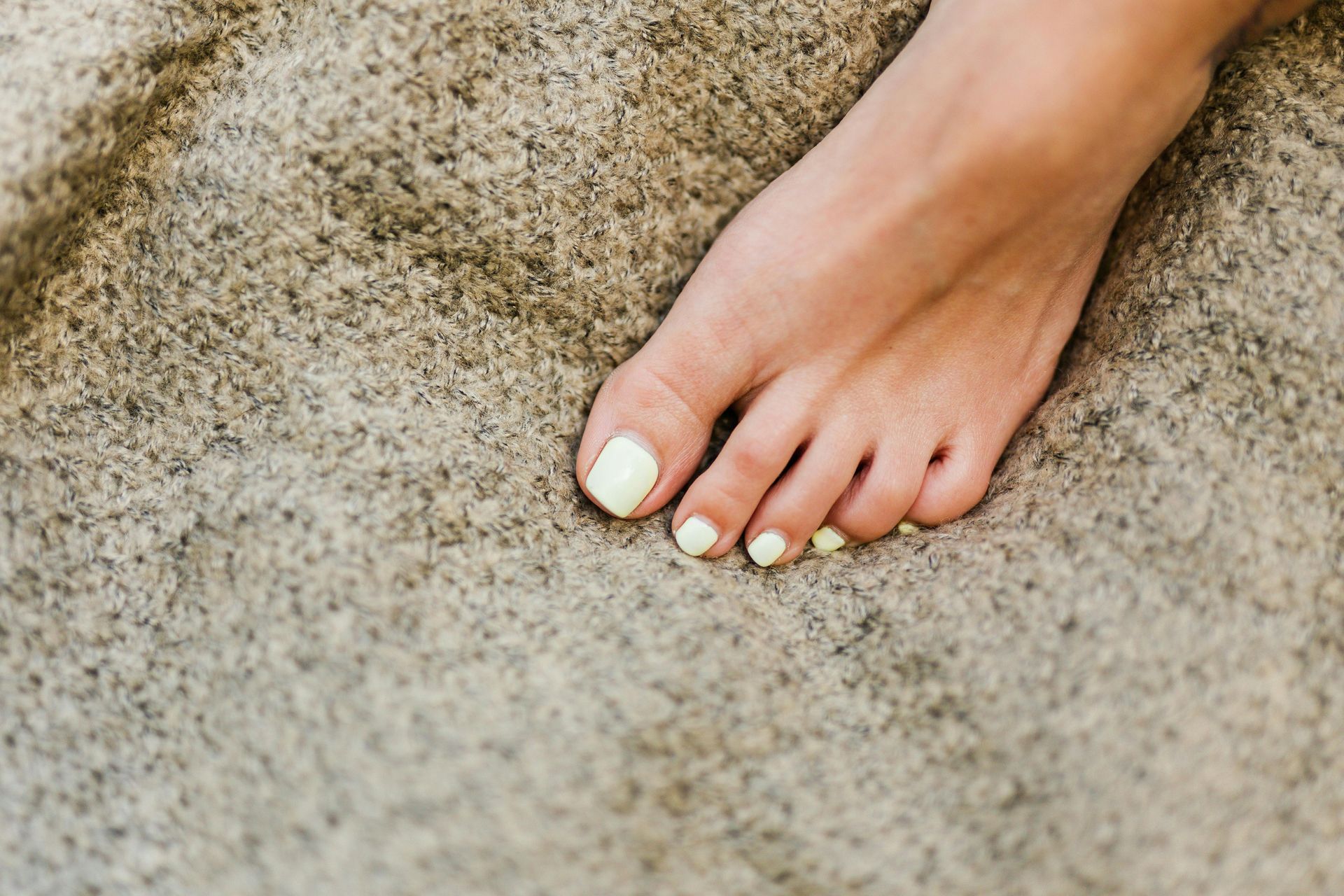Ever spent a whole morning sitting at your desk?
Perhaps you've been on a long Zoom call where you haven't moved. You did get a couple of coffee breaks, but you only walked from your desk to your kettle.
Add this to the fact that your commute that morning consisted of going from bed to shower to desk; and at lunchtime, it's just a few steps from desk to kitchen table and back again.
The job of your butt muscles, in movement terms is to either propel you forwards (glute max) and to rotate your legs outwards (glute medius & minimus).
When you just spend all day sitting on them...well, frankly they get lazy and forget what it is that they're supposed to be doing when you do need to move.
They've been stuck in a permanently lengthened position - and when you need to move and they need to contract (or shorten), they're just not interested.

